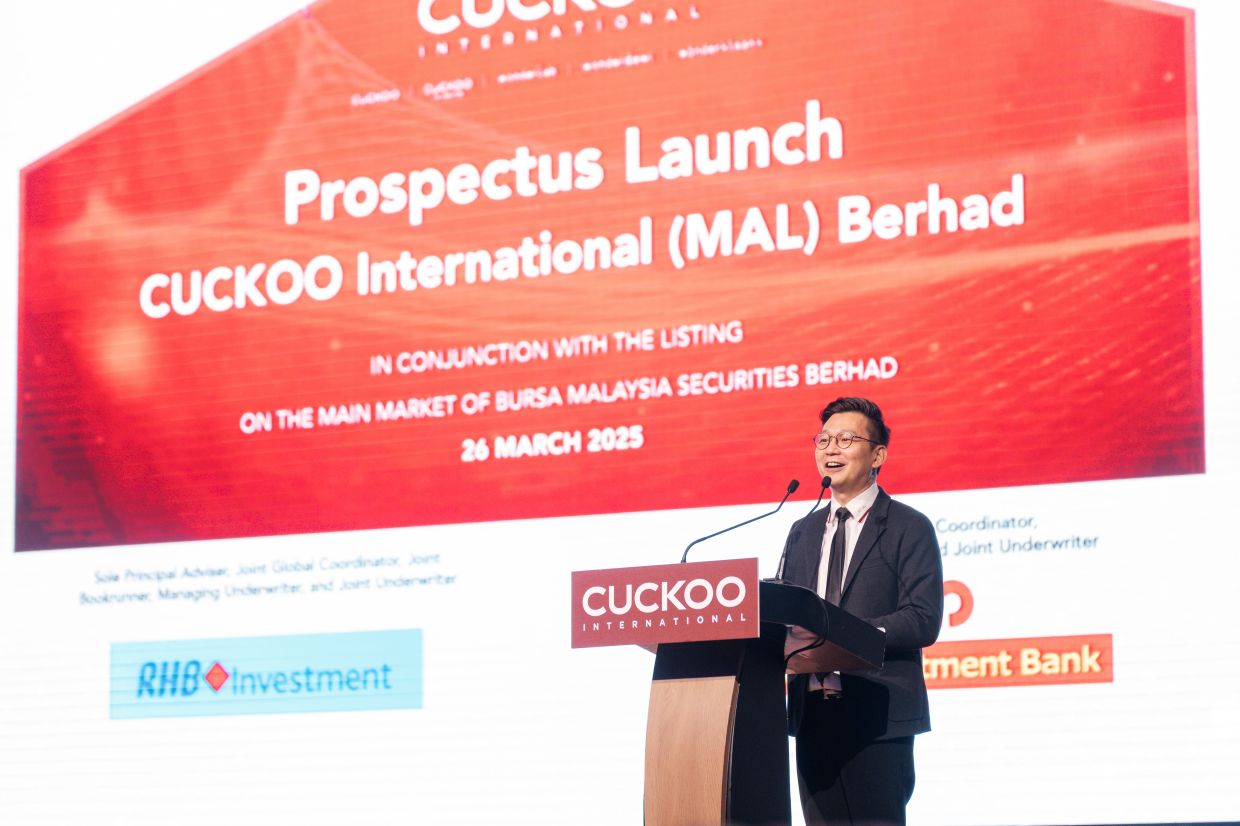
Top US diplomat Blinken was at the Asean summit to reiterate the United States’ commitment to Asean centrality. — Bernama
US Secretary of State Antony Blinken visited Vientiane, capital of Laos, from Tuesday to Friday to attend a series of Asean and related leaders’ meetings.
Although the US State Department has claimed that Blinken took advantage of the trip to reiterate the United States’ commitment to Asean centrality, the top US diplomat is pushing the grouping to align itself with the Joe Biden administration’s China-targeted “Indo-Pacific” strategy.
In alleging that the “Asean Outlook on the Indo-Pacific”, an empty document the organisation passed under Washington’s influence in 2021, shares the fundamental principles with the US’ “Indo-Pacific” strategy, Blinken has tried to highlight the importance of the US-Asean Compre-hensive Strategic Partnership, which was formed two years ago.
But Blinken remained vague in disclosing how much of the “unprecedented US$1.2bil [RM5.4bil] in economic, development, and security assistance for the nations of South-East Asia” requested by the Biden administration’s 2024 budget has been forthcoming, and in what ways US assistance has benefited local people and regional prosperity and stability.
As the US’ meagre assistance to its closest ally in Asean, the Philippines – which are strictly stringed to Washington’s demands for Manila to act as a regional proxy to provoke China in the South China Sea – indicates, the Americans’ sole interest in Asean is to drive a wedge between the grouping and China.
Washington admitted it had previously neglected the long-term strategic importance of the Asia-Pacific, lamenting that it had left a vacuum for Beijing to fill. That explains the US’ return to Asia under the disguise of its “Indo-Pacific” strategy.
It was after the US’ return, which immediately broke the long-term tranquillity of the region featuring friendly neighbourhood relations based on similar cultures and the common need for development, that tensions in the Asia-Pacific started quickly building up.
The souring of Sino-Philippine relations is a reminder to all regional countries of the ugly role the US has been playing in the Asia-Pacific in its attempts to sow discord between them and China, and force them to choose sides between Washington and Beijing.
It is the across-the-board China- Asean cooperation that has delivered concrete benefits to the people of both sides over the past decades. Neighbourhood diplomacy is a priority of China’s foreign policy, while the US’ wooing of Asean is only a makeshift flirtation.
China regards Asean member states as good neighbours, reliable partners, and like-minded countries working together for common development, while the US only sees them as sources of cheap labour and raw materials, if not dispensable pieces on its geopolitical chessboard.
It is good that Blinken discussed Myanmar, the South China Sea, and Ukraine in Laos – all of which are attributable to the US’ geopolitical calculations and selfish moves accordingly – as that provides all Asean leaders with a rare chance through collective face-to-face interactions with the top US diplomat to reflect on whether they really want the “rules-based order” the US tries to establish to prevail in their common home.
If the US is allowed to hijack Asean to advance its agenda, a crisis similar to what Ukraine and Europe are experiencing looms in the Asia-Pacific. — China Daily/Asia News Network








































